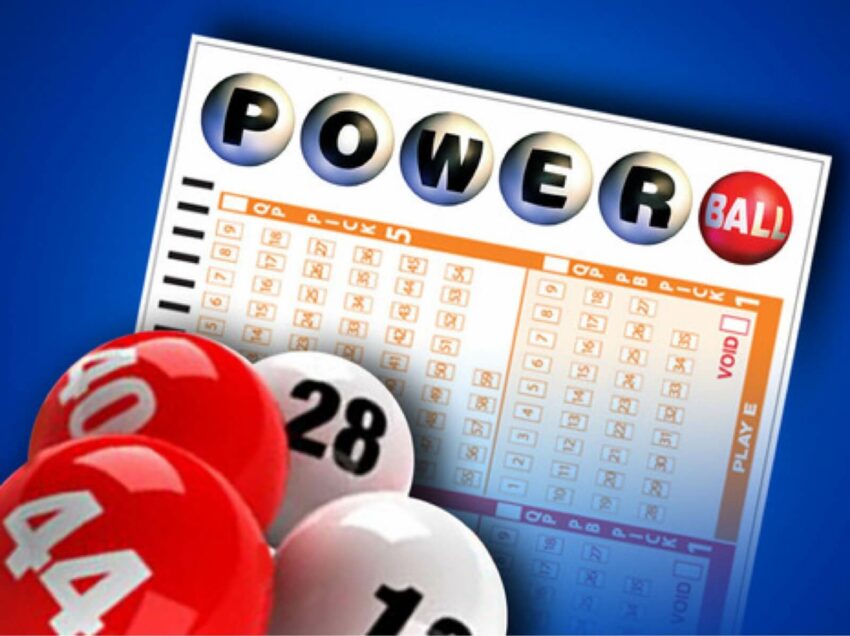Lotteries have been captivating the imagination of hopeful players for centuries, offering the tantalizing prospect of instant wealth. While winning the lottery is largely a matter of luck, many players believe that certain strategies can tip the odds in their favor. In this article, we’ll delve into the world of lottery strategies, examining whether they truly work or if they are nothing more than myths.
The Basics of Lottery Strategy
Before we explore the effectiveness of lottery strategies, it’s essential to understand what these strategies entail. Lottery strategies are systematic approaches or methods that players use to choose their numbers with the hope of improving their chances of winning. Common strategies include using birthdates, employing statistical analysis, or following hot and cold numbers.
Birthdate and Anniversary Strategies
One of the most common approaches to choosing lottery numbers is to use birthdates, anniversaries, or other personally significant dates. The idea behind this strategy is that numbers with personal significance may carry good luck. However, the effectiveness of this strategy is highly debatable.
While it’s true that these numbers hold sentimental value, they have no statistical advantage over any other combination. Lotteries rely on random number generators, making every number combination equally likely. Therefore, while birthdate and anniversary strategies may hold sentimental value, they don’t provide a real edge in terms of winning.
Statistical Analysis and Number Patterns
Some players turn to statistical analysis and number patterns as a way to gain an edge in the lottery. They study past winning numbers, looking for patterns, and using probability calculations to determine which numbers are more likely to come up in future draws.
While this approach may seem logical, it’s essential to remember that each lottery draw is entirely independent. The outcome of one draw has no bearing on the next. The belief in patterns or hot and cold numbers is a classic case of the gambler’s fallacy, where people mistakenly believe that past events influence future outcomes.
Joining Lottery Pools
Lottery pools, also known as syndicates, involve a group of people pooling their money to buy more tickets and increase their chances of winning. This strategy is particularly popular among coworkers, friends, or family members.
The effectiveness of lottery pools is evident in the number of jackpot winners who were part of a group. However, it’s crucial to establish clear rules and agreements within the pool to avoid disputes and ensure fair distribution of winnings.
The Psychology of Lottery Strategies
Understanding the psychology behind lottery strategies can shed light on why people are drawn to them. The allure of having a strategy can provide a sense of control and hope in an otherwise random game. For some, it adds excitement to the experience, even if the strategy itself doesn’t significantly affect the odds.
Do Strategies Really Work?
Now that we’ve explored various lottery strategies, it’s time to address the burning question: Do they really work? The short answer is that, in most cases, lottery strategies have no significant impact on your chances of winning. Lotteries are designed to be random, and each number combination has an equal chance of being drawn.
The Role of Luck
Lottery success boils down to luck more than anything else. While strategies may add a layer of fun and excitement to your lottery experience, they should be viewed as entertainment rather than a surefire way to win. It’s crucial to manage your expectations and play responsibly.
Conclusion
In the world of lotteries, there’s no guaranteed strategy for winning. The key takeaway is that lottery strategies should be approached with a healthy dose of skepticism. Instead, the most effective strategy you can employ is responsible play. Set a budget, play for fun, and enjoy the thrill of participating in a game that offers the dream of life-changing wealth.

